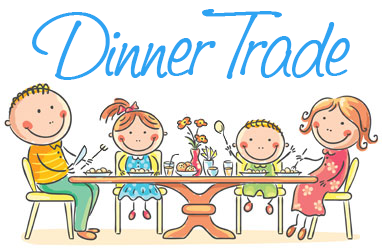 My sister is an English teacher. She has taught different nationalities, from Africans, Indians, to Koreans. She enjoys her job so much because she revels in the diversity of each culture she teaches. Her students like her because of a unique method: she doesn’t impose what accent should be used. As long as the sentence construction, grammar and pronunciation are in place, she believes that any particular accent should be forced. While some would argue with her style of teaching, one cannot deny that the value of respect should not be undermined even in teaching language.
My sister is an English teacher. She has taught different nationalities, from Africans, Indians, to Koreans. She enjoys her job so much because she revels in the diversity of each culture she teaches. Her students like her because of a unique method: she doesn’t impose what accent should be used. As long as the sentence construction, grammar and pronunciation are in place, she believes that any particular accent should be forced. While some would argue with her style of teaching, one cannot deny that the value of respect should not be undermined even in teaching language.
I think my sister got this style from my mom. While other moms would have cringed when they heard us talk when we were teenagers, my mom took in a stride. She wasn’t liberated; she just knew when it was time to intervene. She would listen calmly and patiently at the dinner table even when all of us would be in the verge of a huge quarrel sometimes over a petty issue. She didn’t snap or cut the argument; we knew instinctively when to stop.
We can’t help but reiterate the importance of being together in mealtimes. We strongly encourage families to eat even just one meal together. We don’t need to cite studies to prove this; one only needs to observe their own neighborhood to see the difference. But what about respect? Sometimes, the reason why children find it awkward to eat with their parents is because (aside from infrequency) they don’t feel free to express their thoughts. Just like the varied nationalities my sister taught, children have their own personalities, interests, and experiences unique to them coming from factors such as age, peers and environment. Parents sometimes have the tendency to stop them from talking out loud. While this might be carried out in good intentions, just remember that children have minds of their own and can think for themselves. So at the dinner table, welcome conversations (no matter how trivial it may sometime seem to you) as a refreshing change and reward manners with a smile. Remember that respect isn’t just handed out to people your age, sometimes your children are the ones who need it the most.

